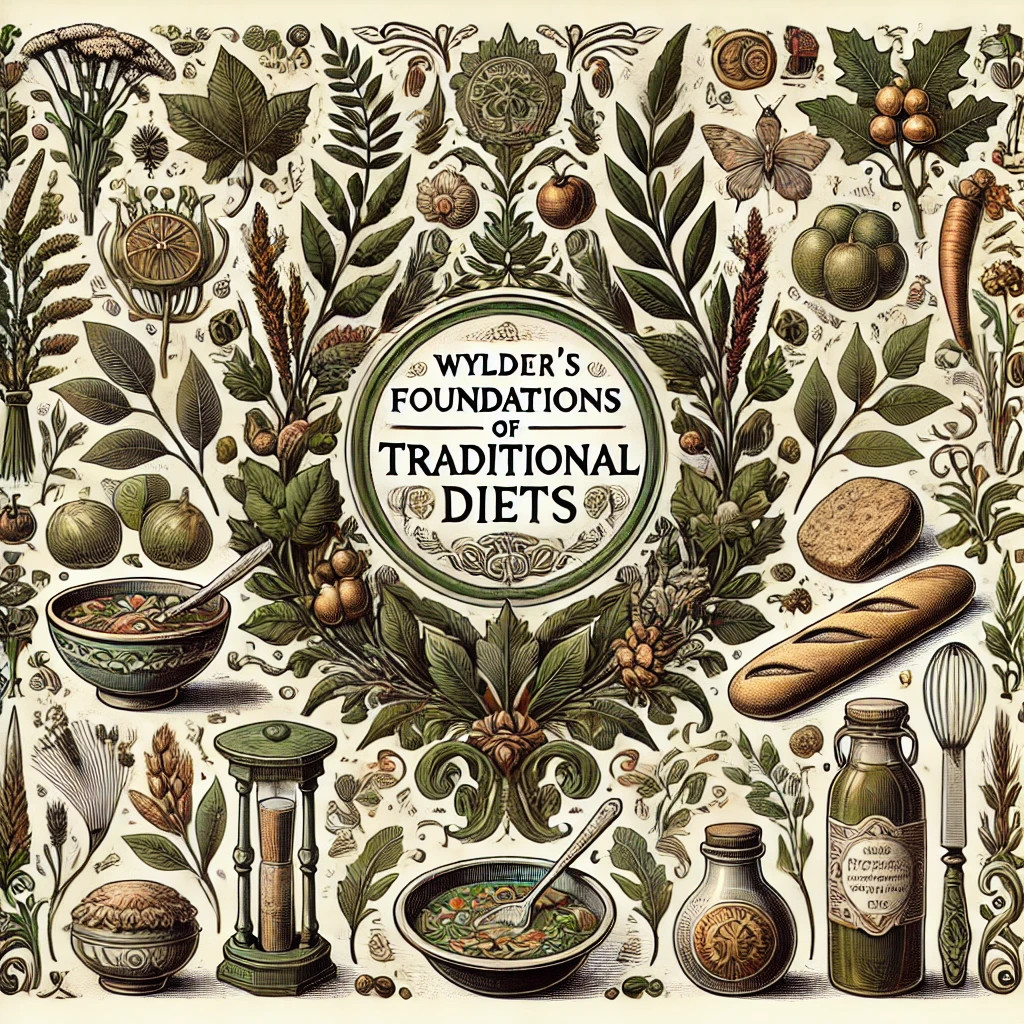
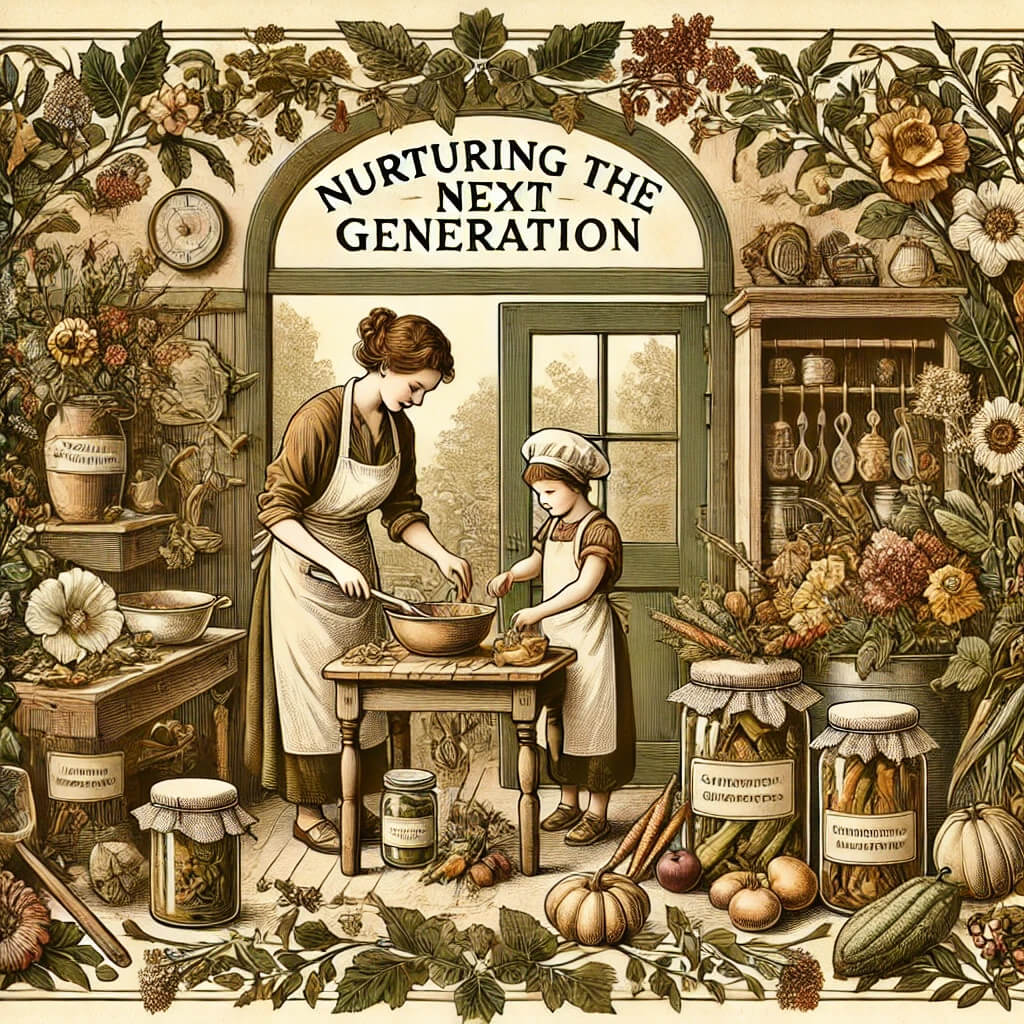
Imagine waking up tomorrow to a world where the conveniences of modern technology are gone—no power, no internet, and no grocery stores. Would you know how to grow your own food, preserve it for the winter, or create your own remedies? If not, it’s time to rethink what self-reliance really means.
The Reality We Choose to Ignore
Many of us live in a bubble of convenience. We assume the grid will never fail us, that if something goes wrong, power will be restored in a matter of hours or days. But what if it isn’t? Even in urban areas where outages rarely last more than 72 hours, disruptions to supply chains and essential services can take far longer to recover.
Many of us live in a bubble of convenience. We assume the grid will never fail us, that if something goes wrong, power will be restored in a matter of hours or days. But what if it isn’t? Even in urban areas where outages rarely last more than 72 hours, disruptions to supply chains and essential services can take far longer to recover.
The truth is, technology is a gift—but it’s not foolproof. Our grandparents and great-grandparents knew this, and they lived in ways that sustained their families and communities without relying on fragile systems. Pioneering skills like canning, bread-making, herbal medicine, and regenerative farming were once everyday knowledge. Today, these skills are at risk of being forgotten—and that’s dangerous.
Growing up, I always felt like I was born in the wrong era. I dreamed of simpler times, when families worked together to grow their own food and gathered around the table to share what they had made. It wasn’t until I began to study these traditions that I realized their value wasn’t just nostalgic—it was life-changing. These old methods of living aren’t just about survival; they’re about sustainability, health, and connecting with the earth in ways our modern lives have stripped away.That’s why I’ve made it my mission to preserve and teach these skills. We can’t let them disappear, because they may be more necessary than ever as we face environmental changes, uncertain economies, and a collective longing for something real.
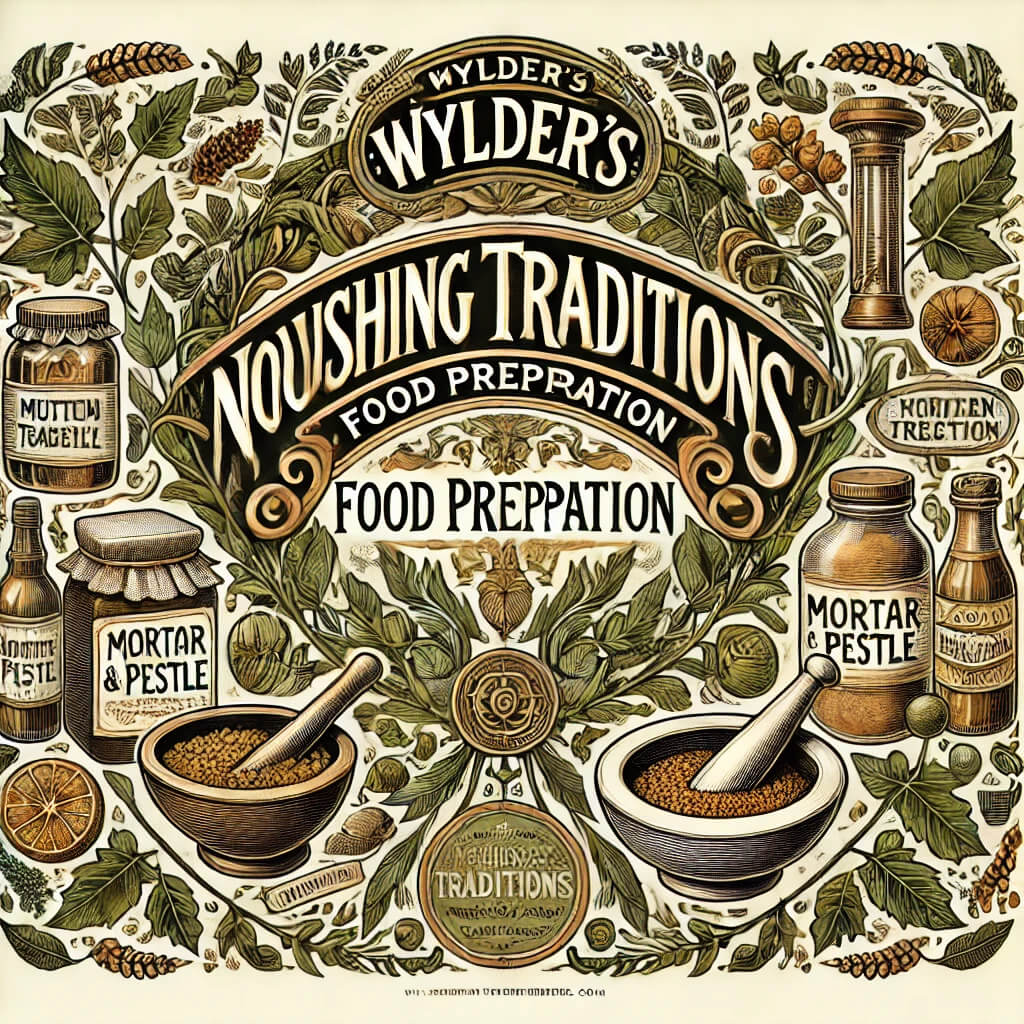
Start Your Journey Back to Basics
If this resonates with you, we’re here to help. Our Nourishing Traditions Course is designed to give you the tools to live like the pioneers did. Here’s what’s included:
If this resonates with you, we’re here to help. Our Nourishing Traditions Course is designed to give you the tools to live like the pioneers did. Here’s what’s included:
- 40+ Cooking Videos teaching you everything from sourdough baking to fermenting vegetables.
- Access to Organicopia, our online community filled with resources on living off-grid, food preservation, natural cleaning, and herbal remedies.
- Table Talks Series: Hear from local farmers about regenerative farming and learn how to educate your community.
Plus, we’ve curated affiliate links to help you get started:
- Azure Standard for bulk grains and supplies (enter your personal share code: MollyBravo1 and save 15% off your first order)
- Cultures for Health for fermenting and preserving essentials
- Amazon for everything else to build your pioneer pantry
Why Now?
Learning to live off the land isn’t just for “preppers” or rural homesteaders. It’s for anyone who sees the value in building resilience, connecting with the earth, and preserving the wisdom of generations before us. Don’t wait for a crisis to start learning—begin now, while the resources and knowledge are at your fingertips.
Learning to live off the land isn’t just for “preppers” or rural homesteaders. It’s for anyone who sees the value in building resilience, connecting with the earth, and preserving the wisdom of generations before us. Don’t wait for a crisis to start learning—begin now, while the resources and knowledge are at your fingertips.
Step into a world where you are self-reliant, healthier, and more connected to the roots of your food and community. The pioneers lived it, and now you can too.
Ready to start your journey? Nourishing Traditions Course and take the first step toward a simpler, more sustainable future.
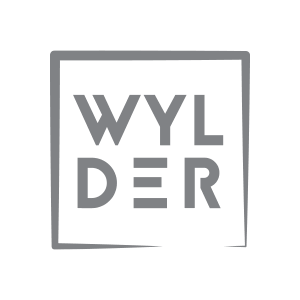
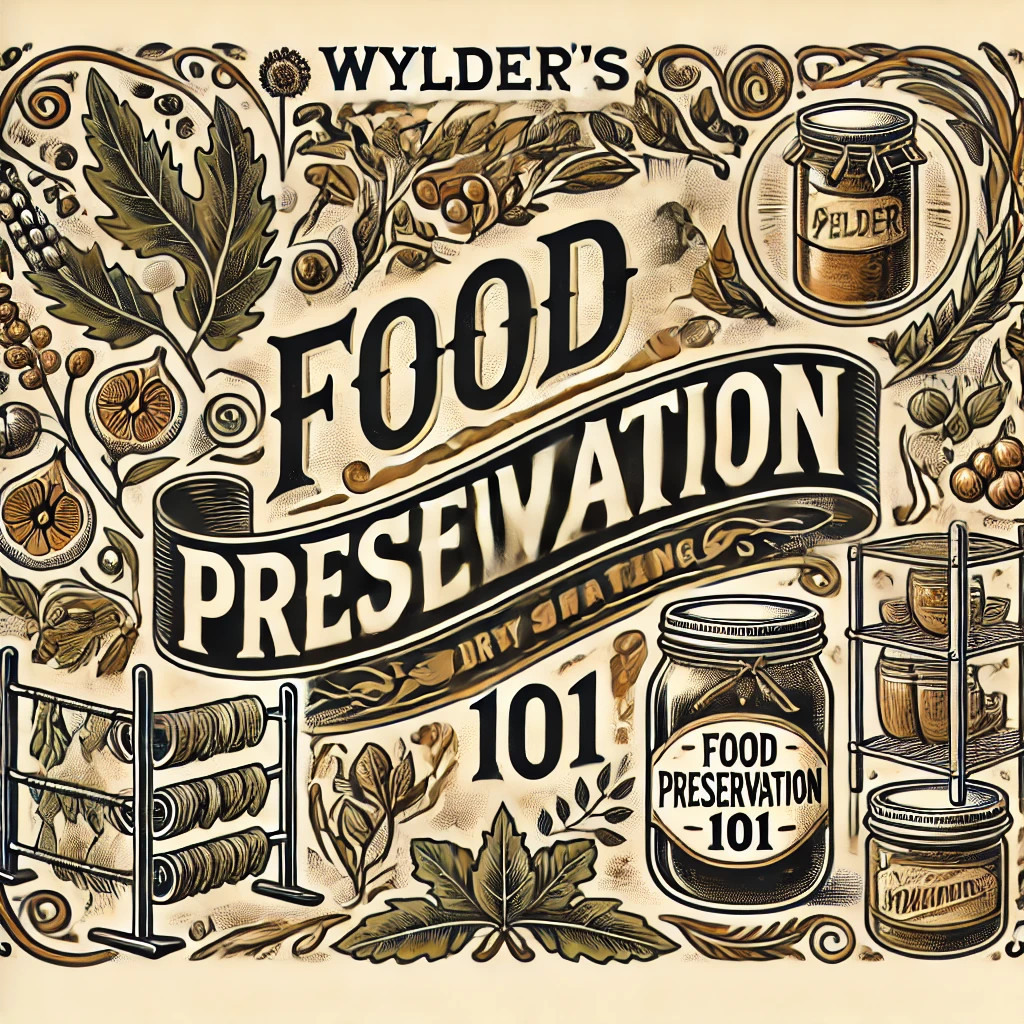
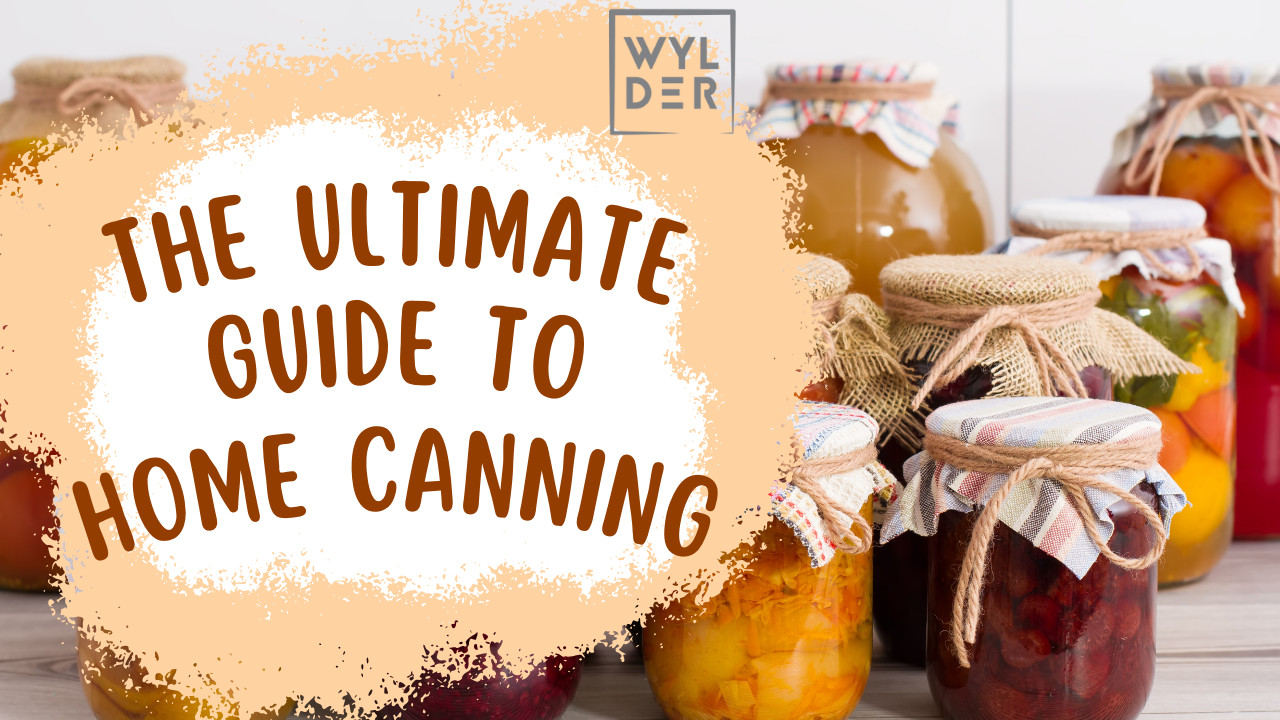

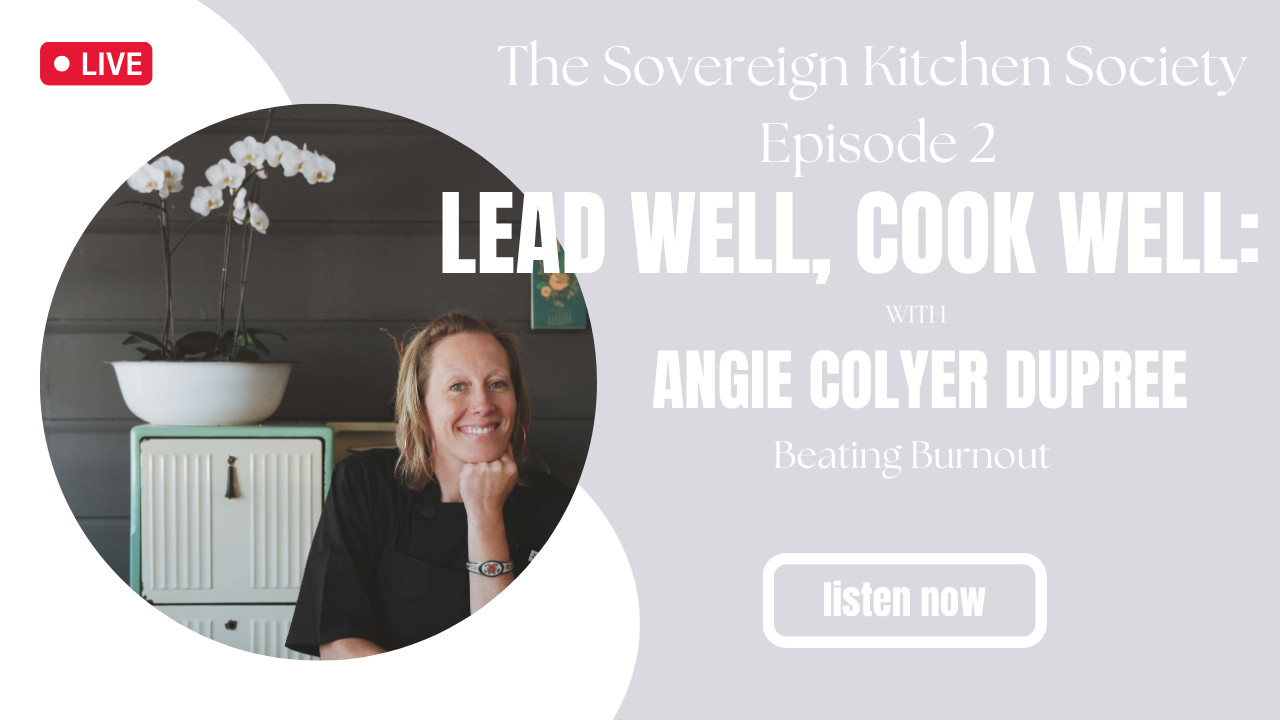
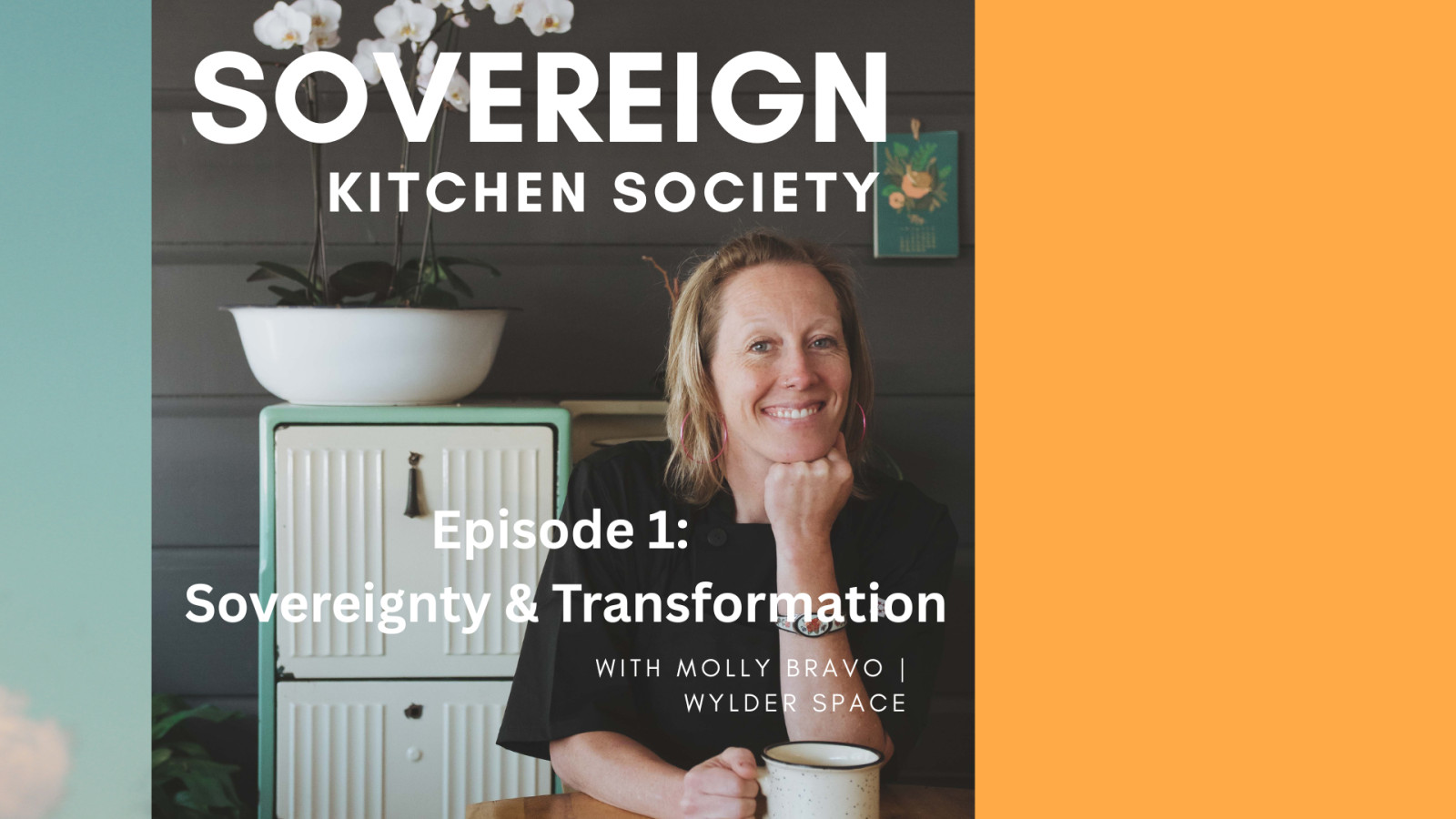
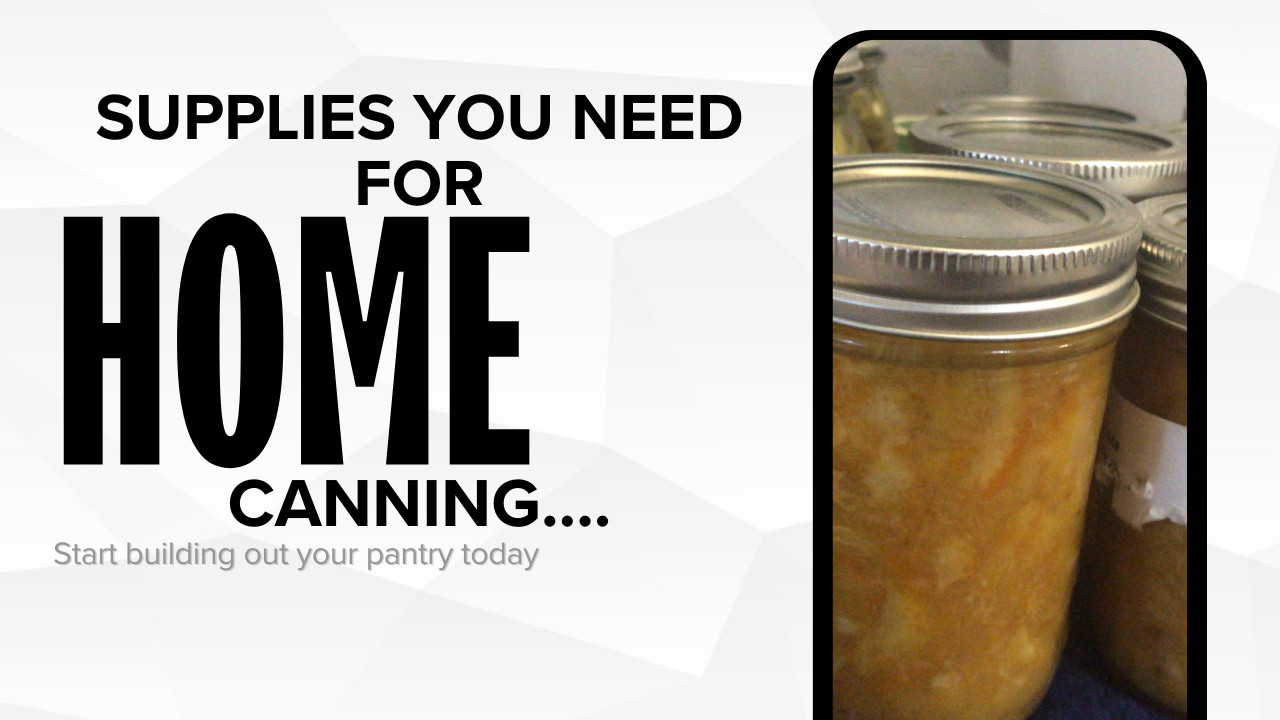
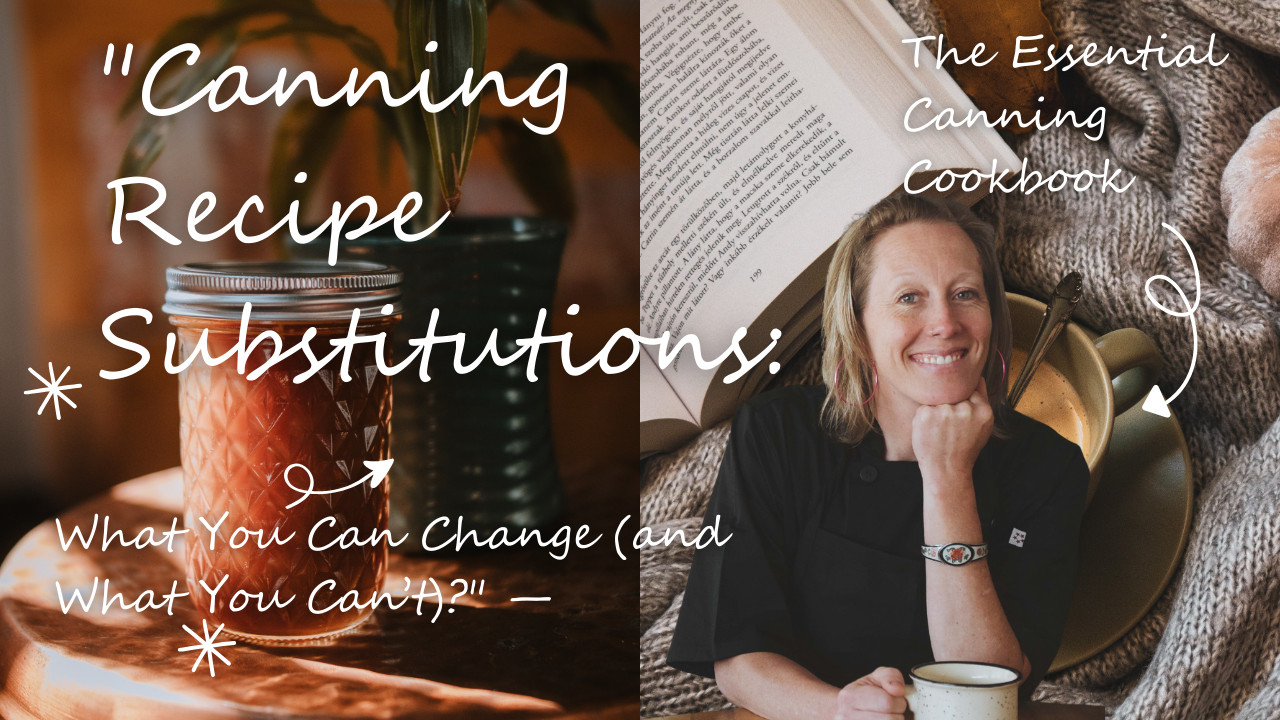
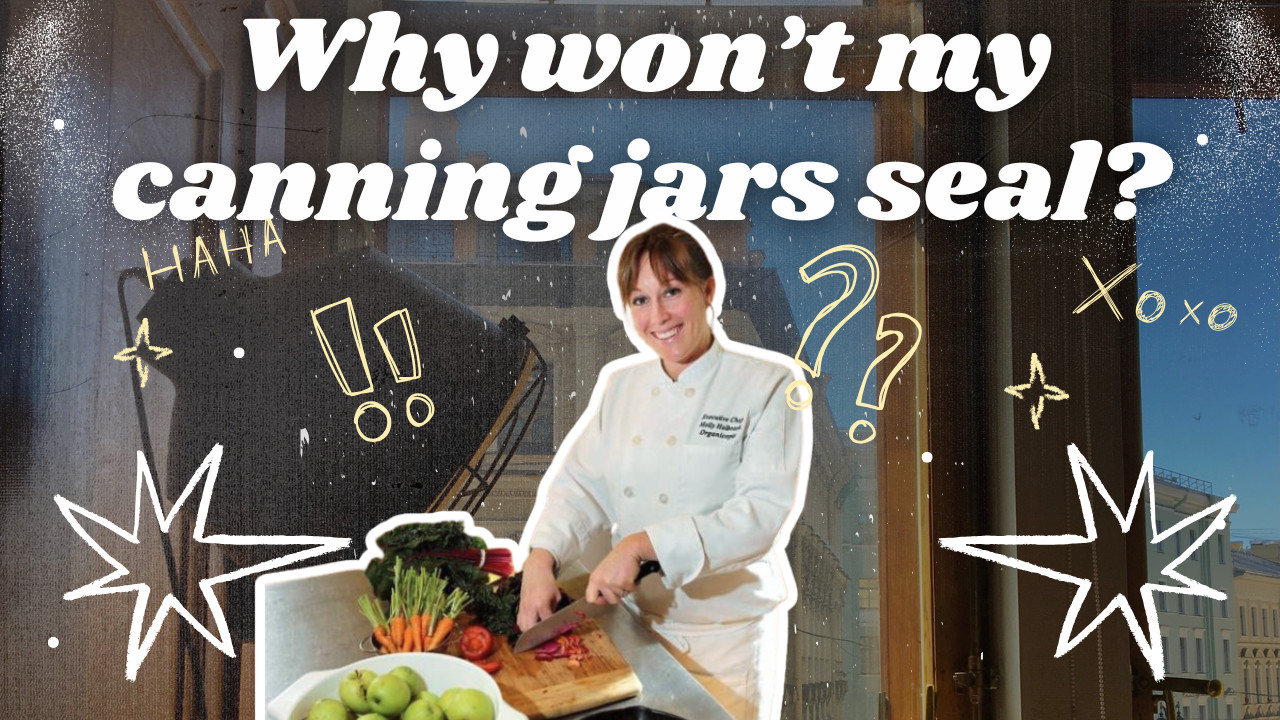
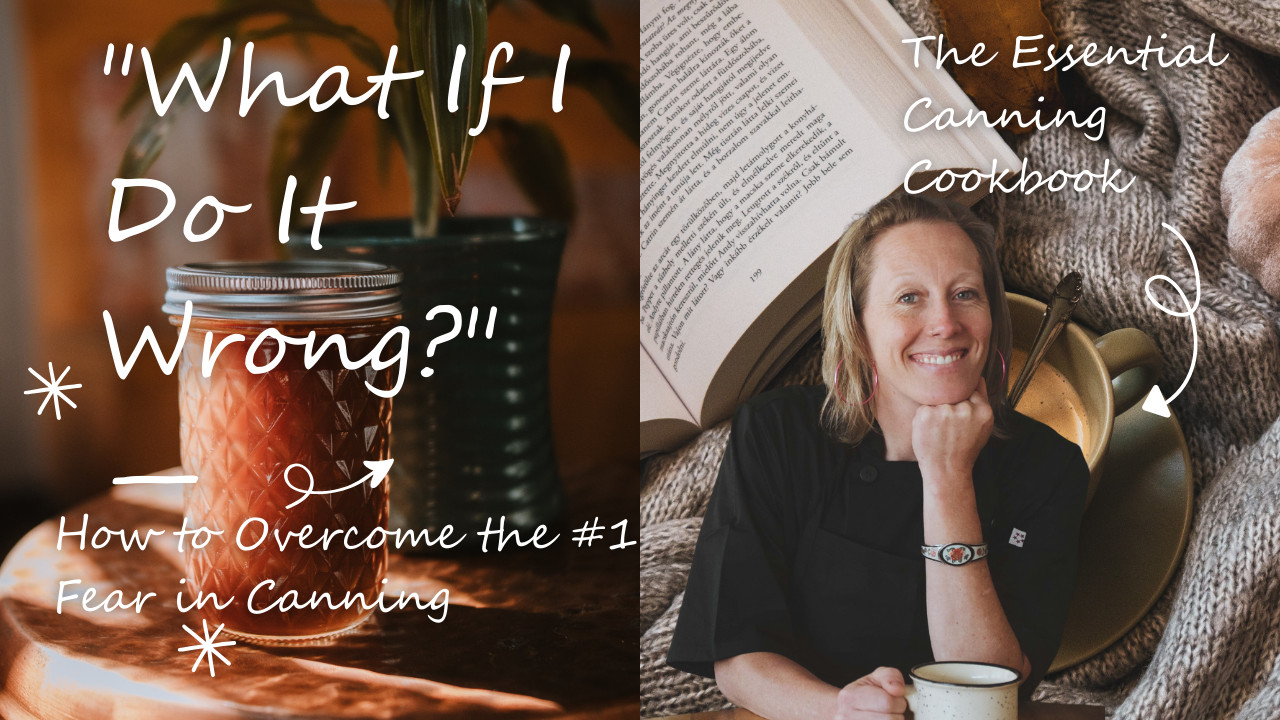
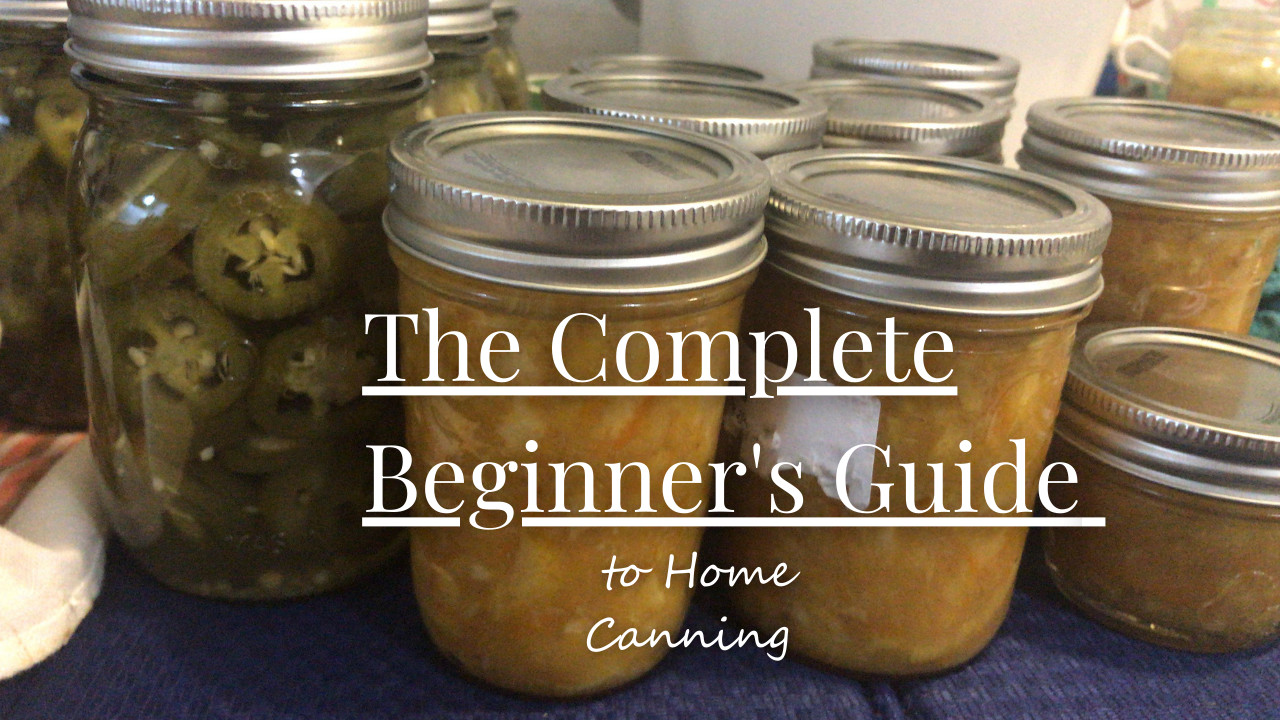
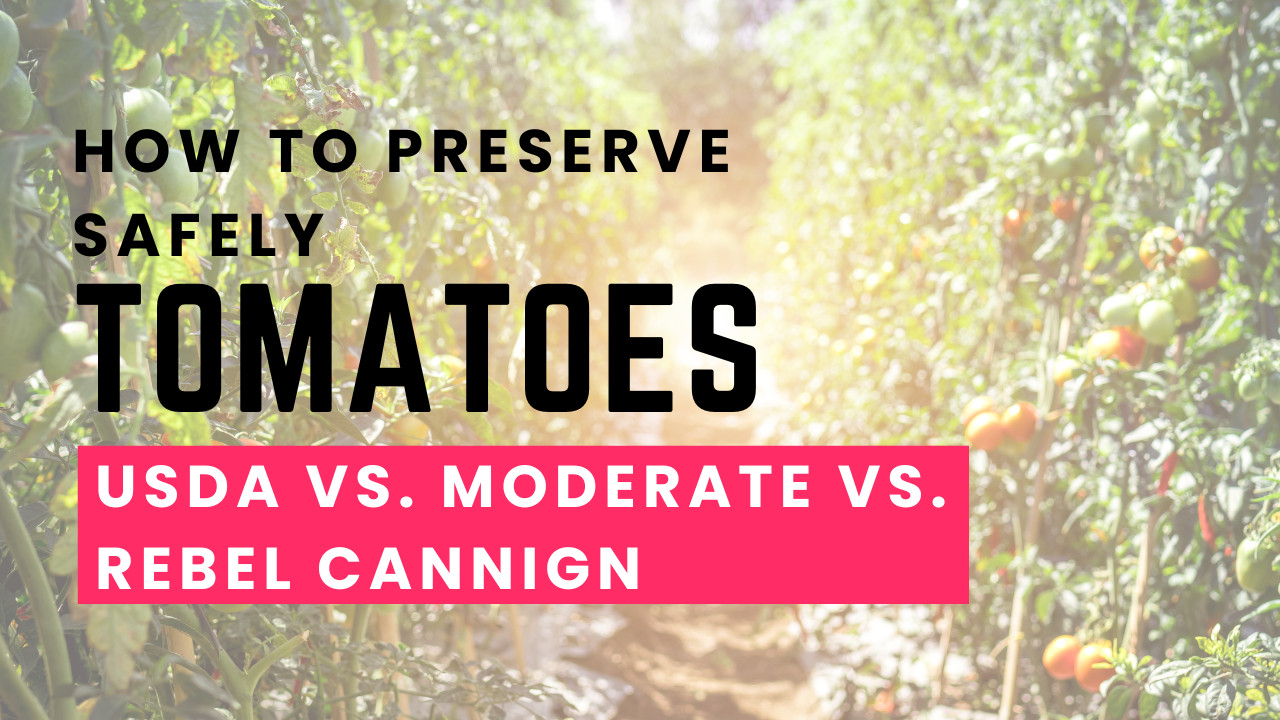
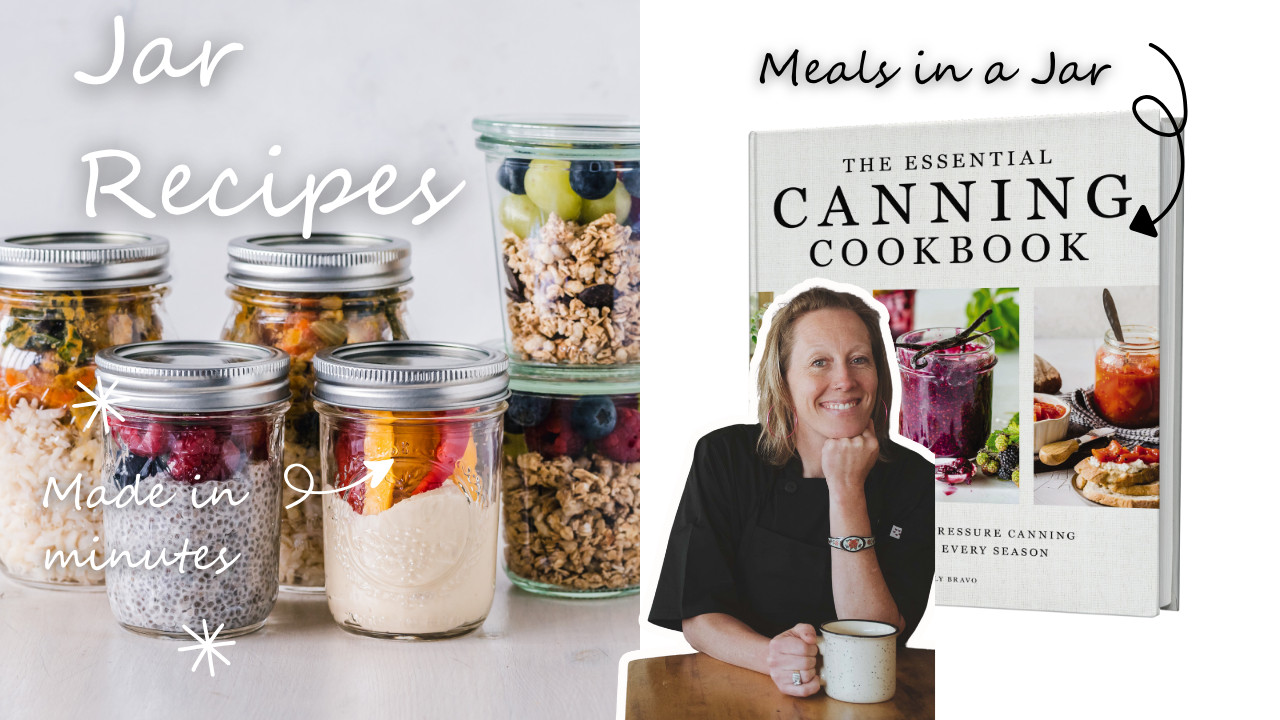
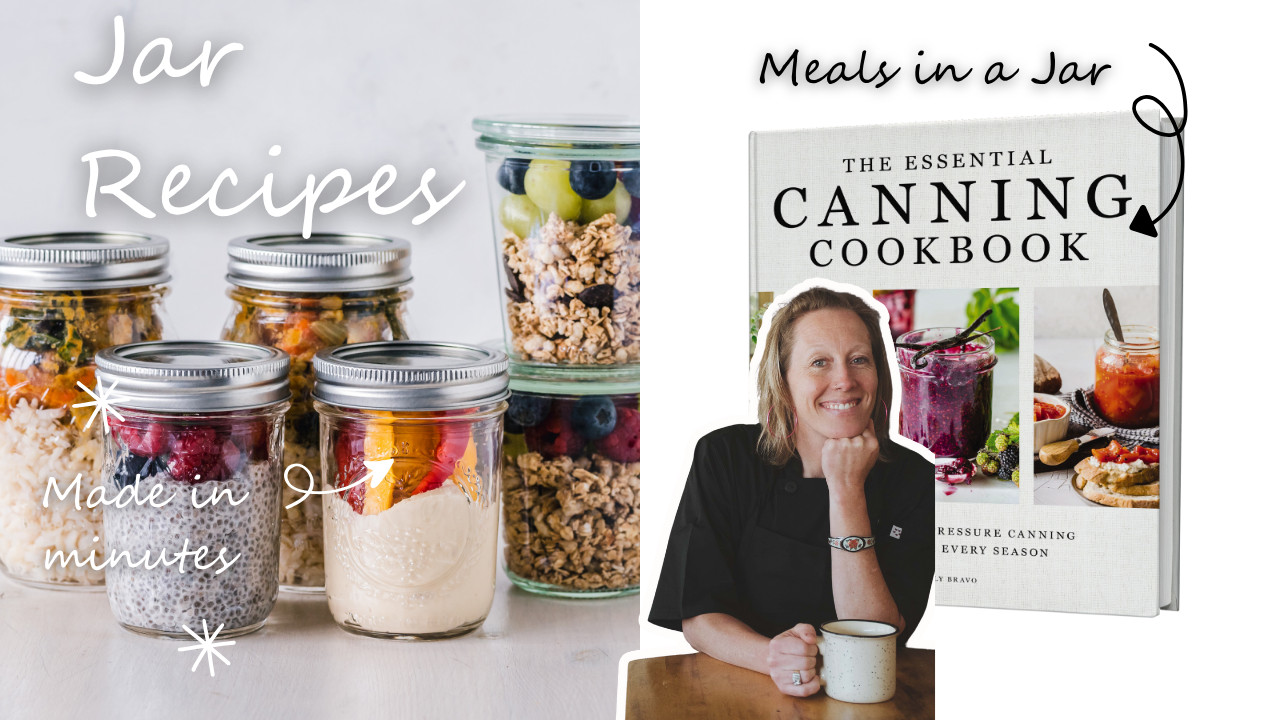
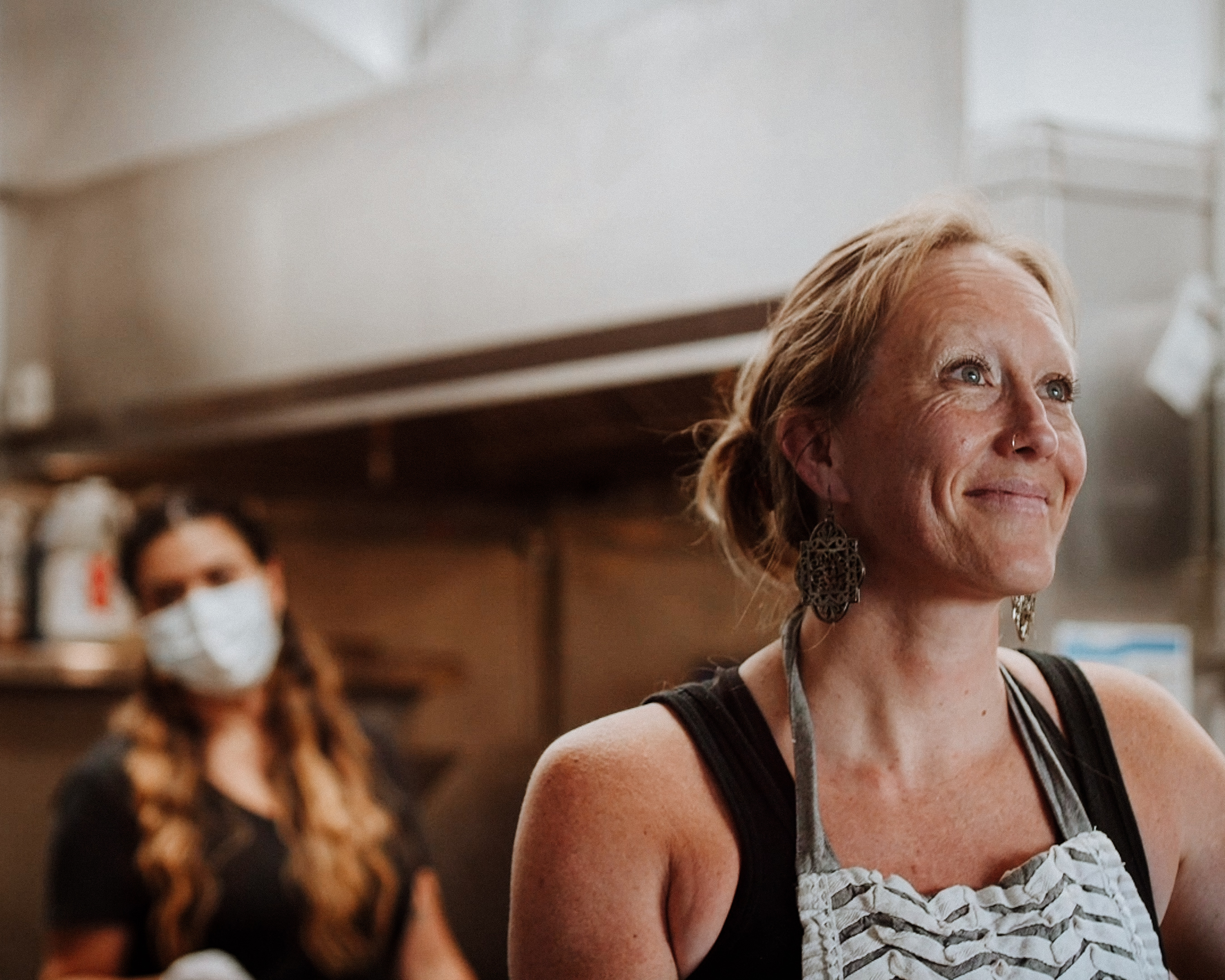
0 Comments